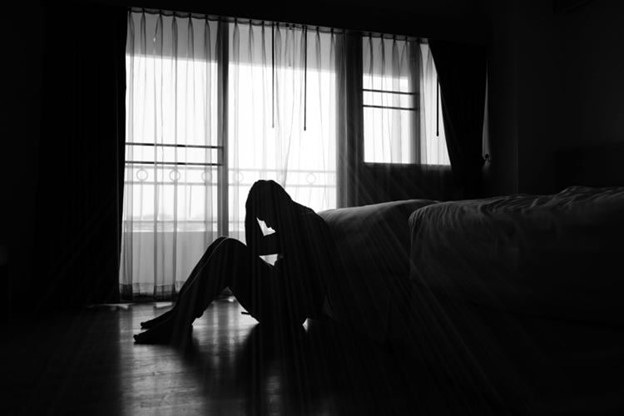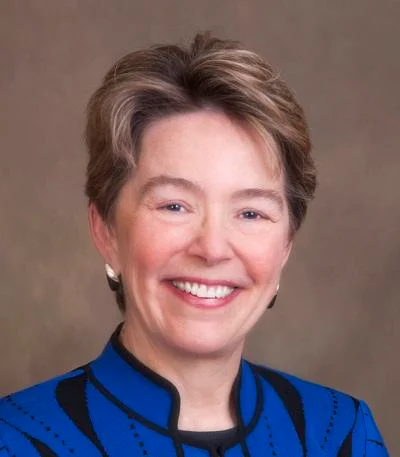Commentary: Virginia is making progress addressing the mental health crisis. But it’s not enough.
Deborah Oswalt
 Mental Health America ranks Virginia 39th among the states in accessibility of its behavioral health
Mental Health America ranks Virginia 39th among the states in accessibility of its behavioral health
workforce and 48th in mental health access for children and youth.
Well, it’s official. With last week’s release by the Health Resources and Services Administration, every locality in Virginia is now a federally designated mental health professional shortage area. Some might say the designation is meaningless, because it doesn’t show any differentiation between the localities. Weekly headlines and data from multiple sources, however, are evidence that the designation is both accurate and concerning.
Mental Health America ranks Virginia 39th among the states in accessibility of its behavioral health workforce and 48th in mental health access for children and youth. Virginians are accustomed to the commonwealth topping the list of national ratings, not bringing up the rear. Fortunately, many leaders and stakeholders have recognized this problem and are working to address it. All concede that there is no silver bullet.
Gov. Glenn Youngkin has made significant investments in the state’s public mental health system through his multi-pronged Right Help, Right Now (RHRN) initiative. The General Assembly has increased funding to Virginia’s community services boards, authorized a counseling compact, and passed several bills to improve mental health and well-being in schools.
We at the Virginia Health Care Foundation (VHCF), a public/private partnership, are focused on addressing the tremendous shortage among all five types of licensed behavioral health professionals, and the shortage of sites that provide mental health services to underserved Virginians.
There are two particularly effective VHCF programs. Boost 200 is in the midst of producing 100 more licensed clinical social workers and 100 more licensed professional counselors (LPCs). Thirteen Boost 200 enrollees have already become LPCs and are now meeting the two-year service requirement associated with the program. Many more Boost 200 therapists will be licensed within the next year. Boost 200 is a successful pilot program funded last year by the General Assembly and the governor.
VHCF is also in the seventh year of its Psychiatric Nurse Practitioner (Psych NP) Scholarship Program, which has produced 60 Psych NPs over the past six years, thanks to funding from a variety of private sector donors. More than half of these Psych NPs have or are currently meeting their two-year service commitment.
Both programs are addressing the shortage of behavioral health professionals and the paucity of professionals of color documented in VHCF’s 2021 Assessment of the Capacity of Virginia’s Licensed Behavioral Health Workforce. Seventy-four percent of Boost 200 enrollees and 60% of Psych NP scholarship awardees are people of color.
It is important for Virginians seeking behavioral health services to be able to work with therapists who can relate to their lived experiences and help reduce the stigma of seeking help.
While there are workforce shortages in every sector of the economy and in every area of health care, some shortages result in more significant and severe consequences than others. Availability of mental health services is one of those critical areas.
Virginia is making great strides in addressing the barriers to producing more behavioral health professionals. There is much more to be done, however. The upcoming General Assembly session is an excellent opportunity for making more progress.
We look forward to working with Virginia’s policy leaders and key stakeholders on the mutual goal of moving Virginia’s mental health ratings to the top of the national rankings, where the commonwealth is accustomed to being.

Deborah Oswalt
Last Updated on February 2, 2024
